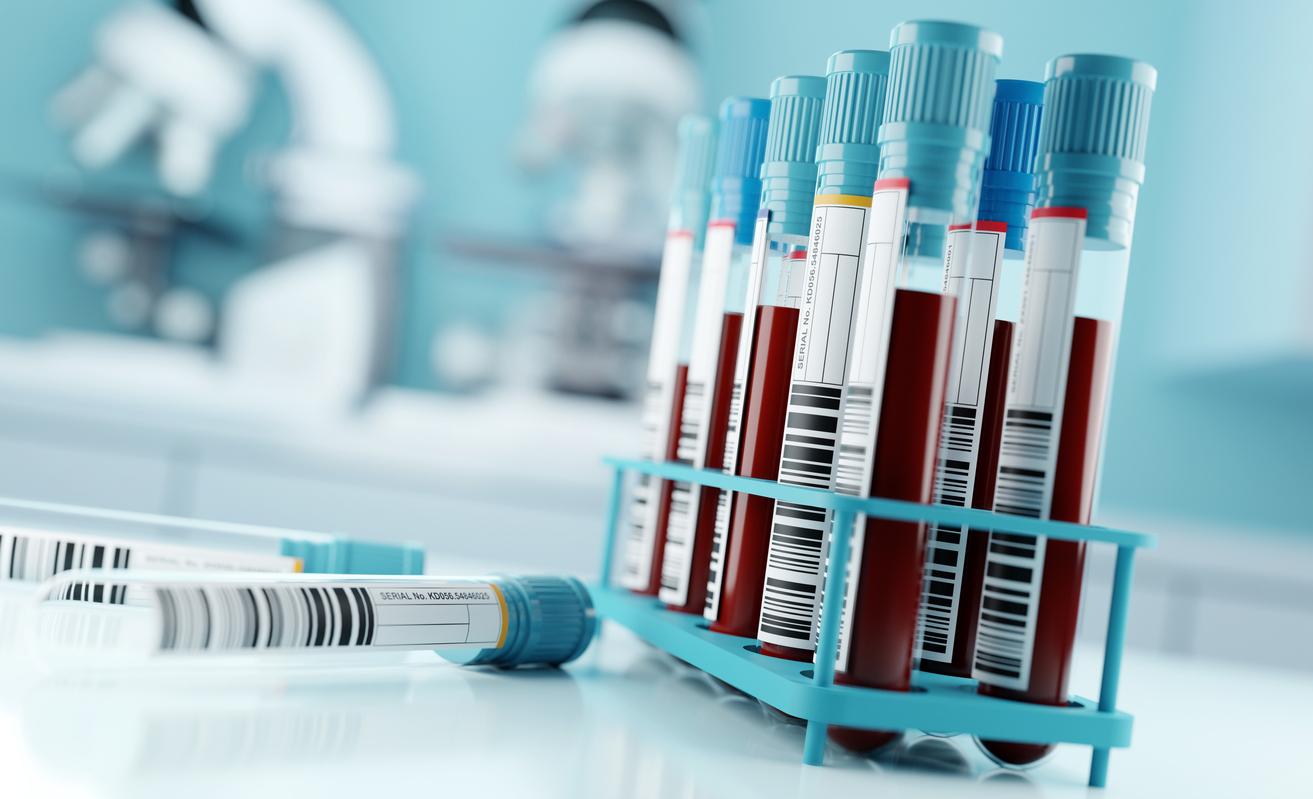According to a new study, inflammation of the brain and the loss of several protective mechanisms of the organ could contribute to the increased risk of suicide.

- Suicidal behaviors are motivated by a mixture of psychological, social and biological factors.
- Chronic inflammation in the brain increases the risk of suicide, according to a new study.
- Researchers hope to be able to identify biomarkers of this inflammation and thus facilitate the diagnosis of suicide risk.
“As suicide rates continue to rise, we need to develop additional evidence-based strategies to address all factors that contribute to suicide risk”explains Dr. Lena Brundin from the Van Institute Andel. His Recent work has also made it possible to identify two elements that could contribute to an increase in the risk of suicide: inflammation of the brain and loss of its critical protective mechanisms. The results were published in the journal Molecular PsychiatryNovember 8, 2023.
Suicide: inflammation spotted in the brain
The team compared the brains of 29 people who died by suicide to those of 32 adults who died from other causes. “We focused on the brain because that’s where the biological processes that affect mood, suicidal ideation and intent, and decision-making reside.”specifies Dr John Mann of Columbia University who also participated in this work.
Analyzes showed increased inflammation in the brains of people who killed themselves. It was associated with a reduction in the activity of protective mechanisms. In detail, the scientists noted less activity at the gene level NPAS4responsible for regulating inflammation and maintaining brain cell health. In addition, they observed a excitotoxicity increased, an inflammatory process favoring cell death. There was also a decrease in the number of oligodendrocytes. These are specialized cells that protect nerve fibers. “Evidence suggests that these vital cells can succumb to damage caused by inflammation, leaving the fibers nervous vulnerable“specifies communicated.

Inflammation and suicide: biomarkers should now be identified
Researchers now want to find biomarkers in the blood that can indicate suicide risk. If they succeed, a blood test could be developed and thus identify patients who may attempt to end their lives. Identifying biomarkers could also help develop drugs targeting inflammation. Thus, the team’s future experiments will focus on understanding the role of inflammation in suicide risk and developing specific anti-inflammatory treatments.
“Physicians desperately need improved ways to identify patients at increased risk of suicide,” says Dr. Eric AchthyesWestern Michigan University. Detecting patterns in molecular markers to flag those at increased risk could be a valuable tool to help people who are struggling.”

















